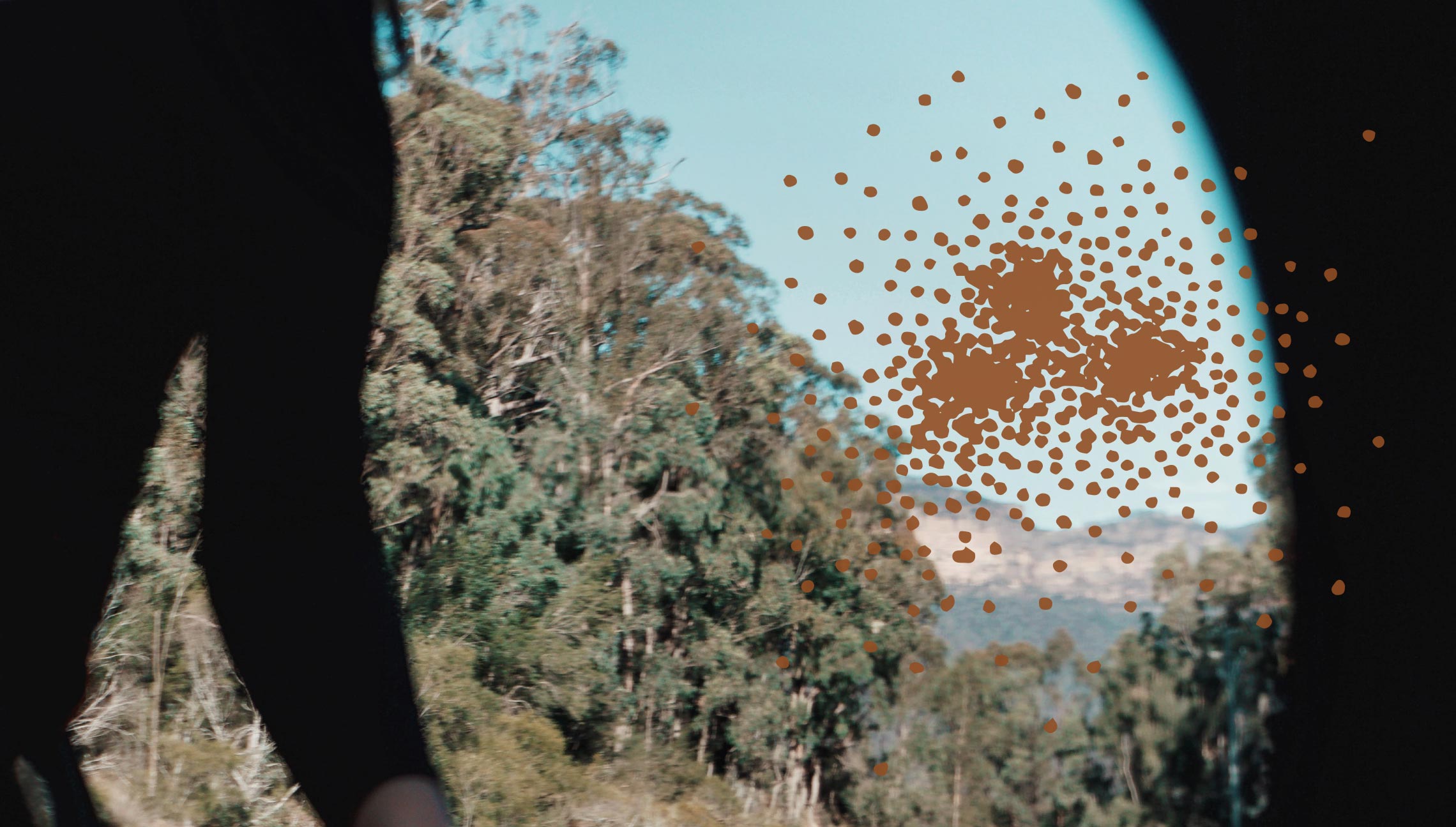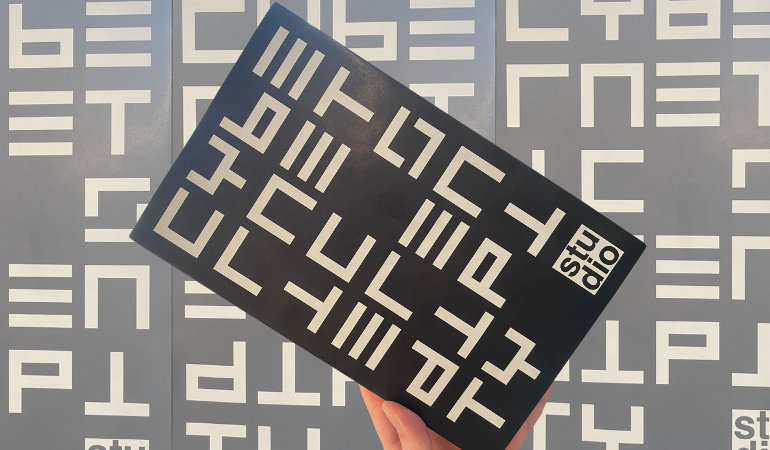Australia is home to some of the oldest known human built technological systems on the planet. Here sits the ANU School of Cybernetics, home to the mission of reviving and refitting cybernetics for the 21st century, building on the knowledge of systems from over tens of thousands of years ago.
Our aim to establish cybernetics as an important tool for navigating major societal transformations through safe, sustainable, and responsible approaches to new systems is part of a movement that has spanned from the 1940s.
A fundamental and crucial piece of cybernetic history belongs to the works of Jasia Reichardt. Jasia Reichardt is a writer on art, and exhibition organiser.
To understand the overarching impressions that Jasia has made in the cybernetic field, we present a selected timeline of some of Reichardt’s works and projects:
1950s Jasia was assistant editor of the fortnightly newspaper Art News and Review
Founded in London in 1948, the newspaper focused on contemporary art and the deepening entanglement with technology and the arts.
1963 - 1971 Jasia was assistant director of the Institute of Contemporary Arts (ICA) in London
1968 Organiser of Cybernetic Serendipity Exhibition
A landmark exhibition introducing computers to art, colliding worlds of STEM and art like never before, introducing cybernetics to the mainstream. This was the first time computers had been used to create art, using ‘randomness’ to generate happy chance discoveries.
Cybernetic Serendipity has inspired countless artists, practitioners, and groups, including the foundation of the Computer Arts Society, in 1968.
1968 Jasia was the editor of Cybernetic serendipity: the computer and the arts, a special edition of Studio International magazine
This special edition was published to coincide with the landmark Cybernetic Serendipity exhibition, dealing “broadly with the demonstration of how man can use the computer and new technology to extend his creativity and inventiveness”
1971 Jasia publishes the books Cybernetics,art and ideas and The Computer in art
1975 An events series in Australia called Computers and Electronics was inspired by Jasia’s 1968 Cybernetic Serendipity Exhibition
This event was part of the Australia’75 Festival of creative arts, ANU Computing (then Engineering Physics) was a crucial component of the success of this event. Here are early ties between Jasia Reichardt and ANU.
1978 Jasia publishes the book Robots: Facts, Fiction Prediction
1980 - 1982 The National Gallery of Australia acquires a collection of over 150,000 files from the Jasia Reichardt archive
This collection of art ephemera became the basis of the gallery’s International Art & Artist files collection, a culturally important collection of Australia’s galleries.
1998 Jasia curated the exhibition Electronically Yours: New Images from the Digital Era
This exhibition for the Tokyo Metropolitan Museum of Photography explores ideas that have spanned throughout Jasia’s works including a mix of analogue and digital technologies, and navigating our place in future systems.
2015 Jasia curated the exhibition Nearly Human
An exhibition about the history of robots and artificial life.
2022 Assisted with the ANU School of Cybernetics launch exhibition Australian Cybernetics: A Point In Time
An exhibition launching the first new ANU School in 40 years.
Lending her voice, expertise, and presence to the launch of the School through these words: “Whatever new fields, new ideas, new questions in science emerge, cybernetics was, is and will be there to comment, to communicate, to offer a language enabling scientists of every sort to connect.”
2024 Jasia delivered the inaugural Jasia Reichardt Lecture to the Computer Arts Society titled Five and a half exhibitions
Five and a half exhibitions lecture
Download Five and a half Exhibitions lecture here.
2024 Jasia gave the talk Once Upon A Time to the Cybernetic Serendipity: Towards AI event at the Institute of Contemporary Art (ICA)
Once Upon A Time Keynote
Download Once Upon A Time here.
Jasia Reichardt (born 1933), remains a fierce force for the field of cybernetics. Her past and current works spark curiosity, ideas, and serendipity.
You can read more about Jasia’s life and her affiliation with the school via her people page.

